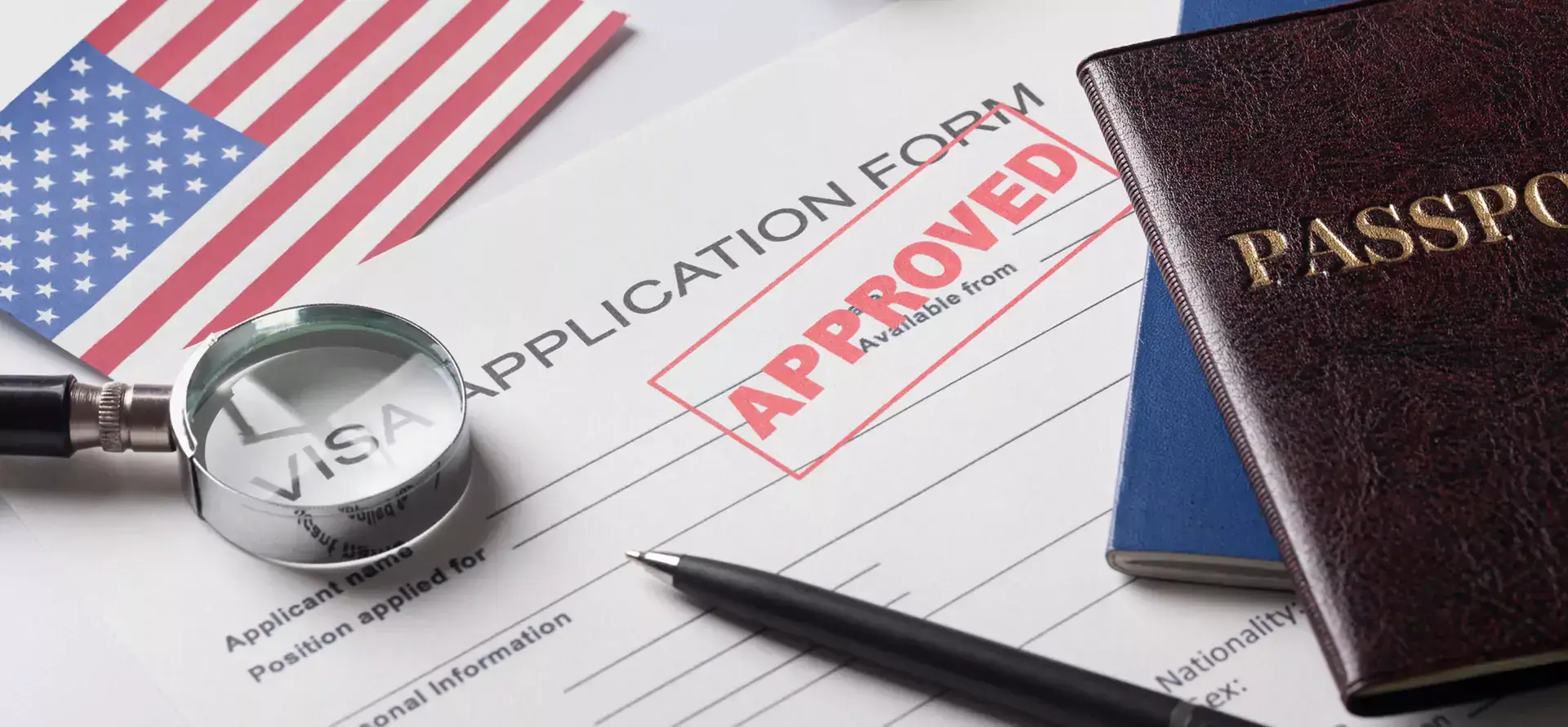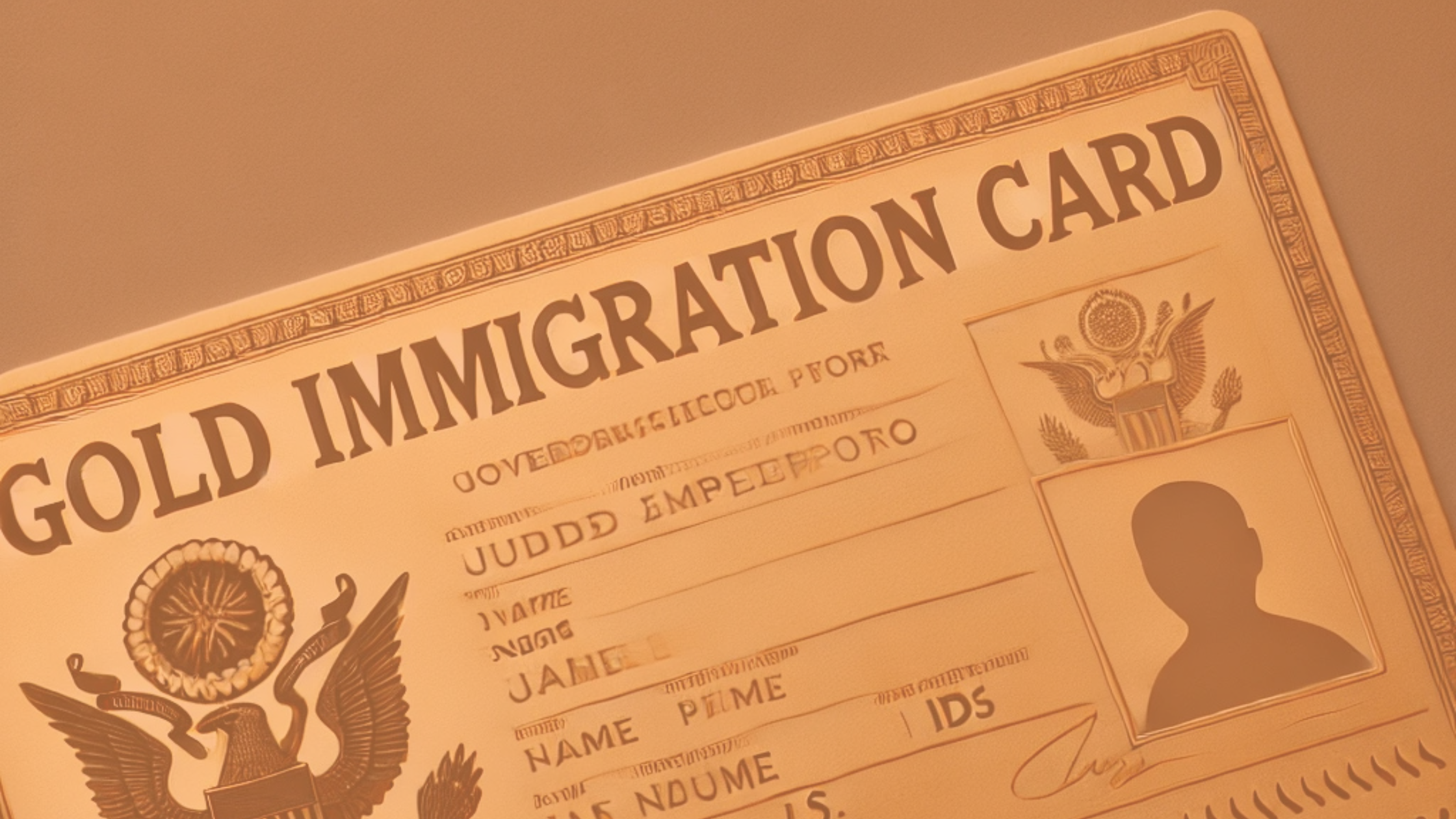 Coming to the United States as an immigrant presents a host of challenges that citizens born within the country simply don’t have to deal with. Unfortunately, many new immigrants find themselves behind the financial eight-ball because they either don’t understand the way credit works in the US, or they lack the ability to make regular payments on their debts. While it may seem like a daunting task to try and establish good credit from the ground up, it’s important to note that you can develop a healthy credit score with hard work and rational planning. Consider this your guide on how to build credit as a US immigrant:
Coming to the United States as an immigrant presents a host of challenges that citizens born within the country simply don’t have to deal with. Unfortunately, many new immigrants find themselves behind the financial eight-ball because they either don’t understand the way credit works in the US, or they lack the ability to make regular payments on their debts. While it may seem like a daunting task to try and establish good credit from the ground up, it’s important to note that you can develop a healthy credit score with hard work and rational planning. Consider this your guide on how to build credit as a US immigrant:
Why Does Credit Matter?
First and foremost, it’s important to underscore the fact that credit is a big deal. If you want to make a major purchase, apply for housing, or even do something as basic as sign up for a cell phone plan, you need a credit score first. Indeed, it’s difficult to buy anything substantial without a credit history to your name. Businesses are reticent to sign agreements with people lacking credit because (for better or worse) they’ll consider your credit score an indication of your trustworthiness.
How Does Credit Work?
The act of building credit revolves around a relatively simple concept: borrowing a sum of money and paying it back by an agreed upon date. In this way you can think of credit as a loan. Similarly, your credit score is a reflection of how responsibly you’ve managed that loan. And to be even more specific, your credit score can be broken down into five components (of decreasing relevance):
- Payment History –– The largest factor in determining credit history. Simply, this is a measure of your ability to pay your balance on time.
- Credit Sums –– Credit cards come with a maximum monthly amount. This metric displays how much of that total you’ve used over time.
- Length of Credit History –– How long your credit accounts have existed.
- New Credit –– The number of credit accounts you’ve opened.
- Credit Mix –– This is a somewhat ambiguous category. In general, consider this a measure of the different “types” of credit you’ve utilized.
(Important distinction for immigrants with student visas: paying off student loans won’t have an immediate impact on your credit score. Rather, the benefits from paying off student loans may not appear on your credit score until after you graduate.)
Getting Your Credit Started
Once you have an understanding of why you need credit and what credit is, you can start looking for options to get your credit off the ground. Here’s the bad news first: securing a credit card is a bit of a Catch-22 situation. That’s because in order to get a credit card with a high balance and a low interest rate, you need to already have good credit. But how do you get good credit? By successfully paying off credit card debts over a long period of time. See the problem?
Fortunately, you’ve got options that can help you gain a foothold and lay the groundwork toward building better credit.
- Secured Credit Card: One of the most straightforward options to pursue, a secured credit card is essentially a credit card with the training wheels still attached. You’ll have to put down a sum of money to act as collateral and, in the beginning, your credit max will likely be low. But if you use this card responsibly, it will show banks and lenders that you’re ready for an unsecured card.
- Co-Signed Credit Card: If you have a family member or a person you trust a great deal who has a good credit history in the US, you can ask them to co-sign your credit card. In this arrangement, the co-signer will be held responsible should you default on any of your payments.
- Credit-Building Loans: These are exactly what they sound like; you borrow a sum of money for a purchase and pay it back to the bank just like a loan. Except in this instance, you get to build credit as a result of your successful payments.
Credit-Building Tips
Building credit doesn’t have to be a complex process. Really, you just need to keep a few key things in mind. First, always pay back your debts on time. This is the most essential element of building good credit. Second, manage your credit accounts responsibly. Don’t max out your accounts unless you absolutely need to, and don’t open more accounts than you can handle. Finally, make your credit a priority. If you stay focused on building good credit over a long period of time, your credit score will rise as a result.
Learn More
For more information regarding immigration law, procedures, and protocols, contact Pollak PLLC today. Let us help you make your immigration dream a reality.
--
Karen-Lee Pollak is the Managing Attorney at Pollak PLLC located in Dallas, Texas. She is a frequent speaker, author and blogger on immigration issues. She can be reached at karenlp@pollakimmigration




-4.png)